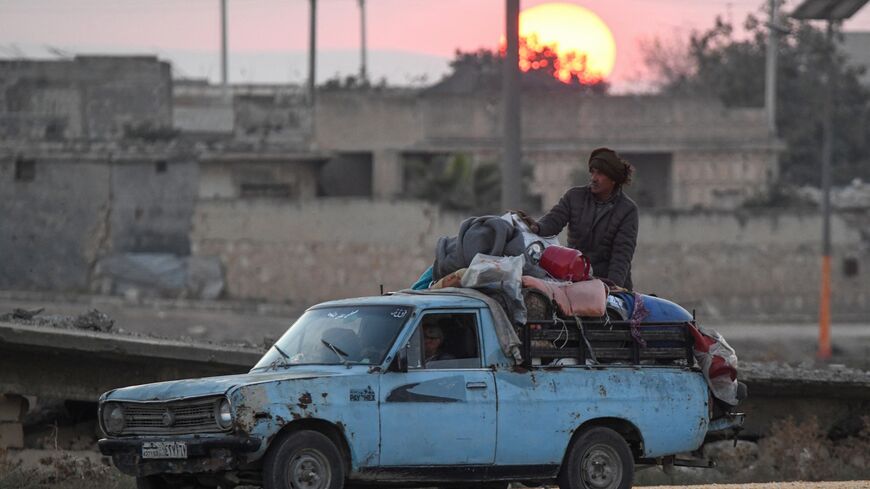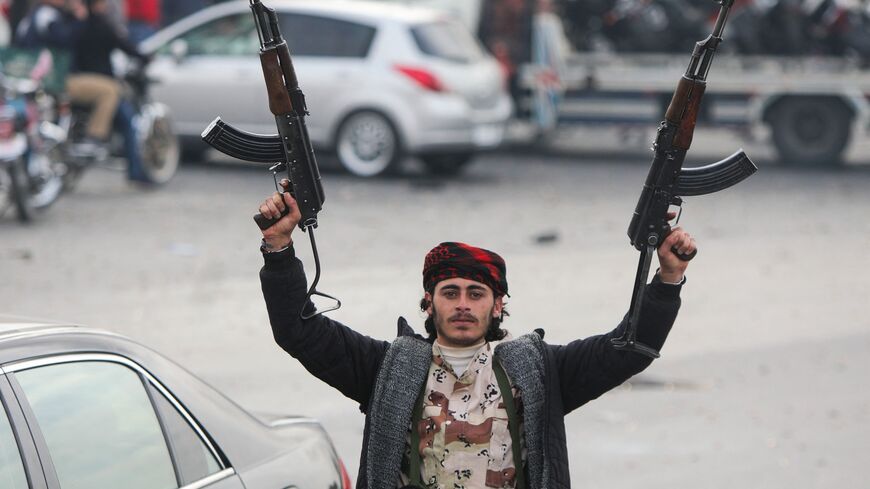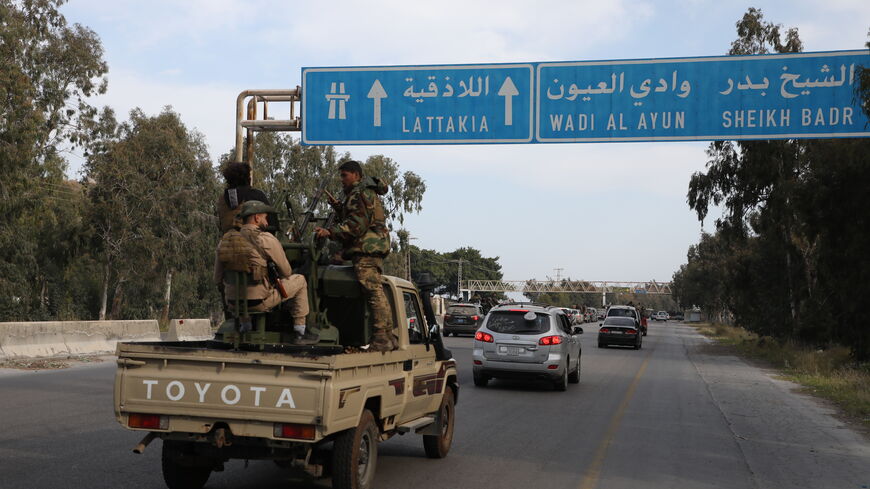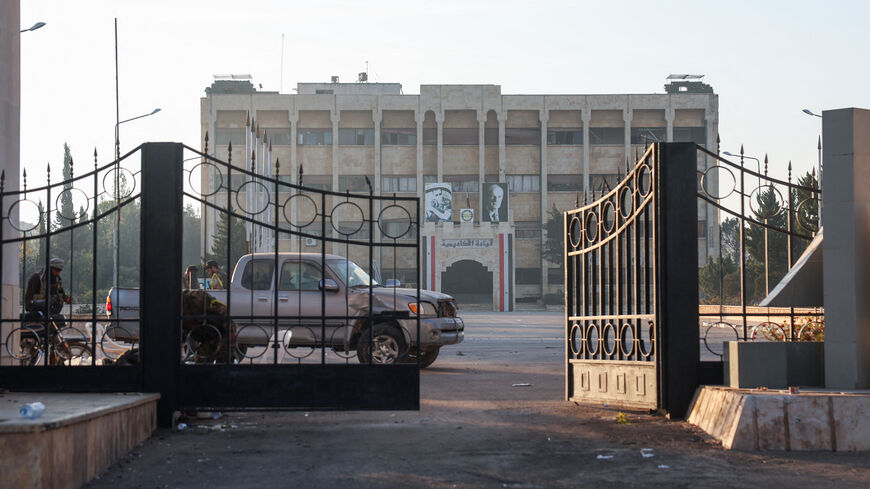Syrian rebels take control of Hama in major blow to Assad
Government and rebel forces had been fighting over the strategic city for days after the latter seized Aleppo.

Syrian rebels gained control of the central city of Hama on Thursday, constituting a major setback for government forces amid renewed fighting in the country.
Hassan Abdul-Ghani, a commander of the rebel factions' Military Operations Department, announced the "complete liberation" of Hama in a post on X at 6:50 p.m. local time (10:50 a.m. ET). Around four hours earlier, he announced that they had seized several neighborhoods.
Hayat Tahrir al-Sham leader Abu Mohammed al-Golani said in an address on Telegram that rebel forces had entered the city. The Islamist rebel group is leading the rebel offensive along with the Turkish-backed Syrian National Army and others.
NEW - #HTS & opposition fighters are in #Hama city center. Gunfire has stopped. #Assad’s regime has confirmed withdrawal.
— Charles Lister (@Charles_Lister) December 5, 2024
With that, #Assad’s in real trouble. #Homs is next & its countryside is FAR more amenable to facilitating an opposition advance. pic.twitter.com/WHafQzSVgi
Ghani later posted that rebel forces entered Hama’s central prison and freed “hundreds of wronged prisoners.”
Stunning images are emerging from Hama, as reports confirm the release of thousands of prisoners from Assad's dungeons.
— Rami Jarrah (@RamiJarrah) December 5, 2024
Many were presumed dead, their survival unimaginable, yet now against all odds, they're free. pic.twitter.com/wmQrGV45um
The UK-based Syrian Observatory for Human Rights said that rebel forces entered the city through the northeast after hourslong battles with government forces. Three days of fighting preceded the entrance of rebel forces into the city.
In a statement carried by state media, Syria's armed forces said it had repositioned itself outside of the city in order to “preserve the lives of civilians.”
Why it matters: The rebels advanced toward Hama after seizing Aleppo, Syria’s largest city, over the weekend. The rebel offensive, which began last week, sent shockwaves through the region amid the significant territorial losses sustained by the government. With the victories in Hama and Aleppo, rebel forces now control three major cities in Syria, including their stronghold, Idlib.
Hama has significant strategic and symbolic value. Should the rebels advance further south toward Homs, they could cut off the coastal areas of Lattakia and Tartous from the rest of the country. Lattakia is home to much of Syria’s Alawite religious minority, while Russia has a naval base in Tartous.
In 1982, under Hafez al-Assad (the father of current President Assad), a massacre was carried out by the Syrian government in Hama to quell Muslim Brotherhood uprising. Government forces led by Rifaat al-Assad stormed the city and crushed the rebellion, killing between 30,000 and 40,000 people, according to the Syrian Network for Human Rights. Switzerland charged Rifaat al-Assad, the uncle of the current president, with war crimes in March over the incident.
Ghani referenced the 1982 events on Thursday. “Hafez al-Assad entered Hama with tanks and snatched it from its people, and today we entered it with tanks and are returning it to its people.”
Know more: Syria has been partially reintegrated politically into the Arab world in recent years and was readmitted into the Arab League in 2023 after years of isolation following the start of the civil war in 2011. Arab Gulf states have expressed solidarity with Assad so far, but the rebel advance is adding uncertainty to the normalization, Giorgio Cafiero wrote for Al-Monitor on Wednesday.







